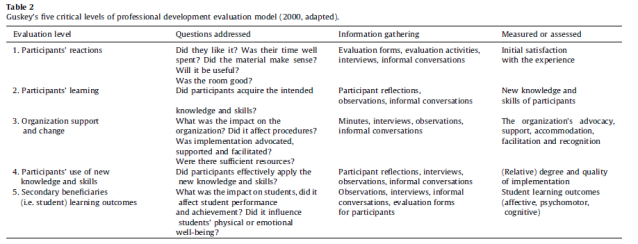 |
| Hofstede’s 5 dimensional model of cultural differences |
Berkvens et al. (2012) have made an analysis of Cambodia’s cultural position on Hofstede’s 5 dimensional model.
Briefly, Cambodian culture can be summarized as mainly collectivist with a small in-group and some individualism, extremely large power distance, including strong hierarchy, which people are willing to accept as long the country remains at peace in return, high uncertainty avoidance and a strong short-term orientation. (Berkvens et al, 2012)
The challenge is then to integrate this cultural analysis into the learning design. The article lists some suggestions and I add a few more:
- need for safe learning environment in which trust is established among participants and between participants and facilitator.
- work collaboratively over extended period of time
- explicit endorsement by people from higher hierarchical level
- provide time for dialogue
- create support system that allows for shifts in responsibility
- discuss objectives and intended learning outcomes at start of workshop
- determine collaboratively specific targets for follow-up at end of workshop
- evaluate workshop not only at end of workshop, but also after few months (w/ interviews, survey…)
 |
| Guskey’s model for evaluating professional development initiatives |
Guskey (2000) has developed a model for measuring the success of professional development initiatives. It provides a template for evaluating workshops, urging evaluators to look beyond participants’ reactions immediately after the workshop. I plan to try out the model during upcoming training initiatives in 2012.
Reference
[…] bias is an issue in surveys and lesson observations. Teacher trainers tend to respond what they think the […]